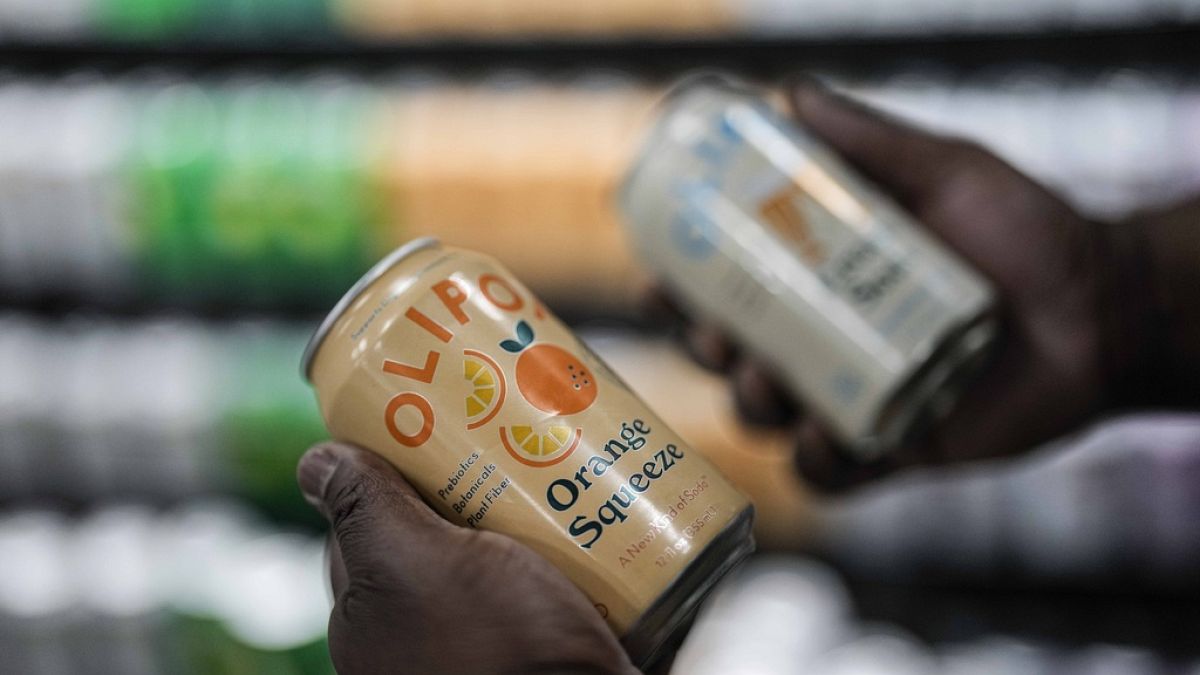
Local analysts and business leaders agree that the positive momentum in Qatar's F&B market can be attributed to several factors, including rising disposable incomes, evolving consumer tastes, and the diversification of available food options. As the country's economy remains strong and tourism numbers rise, F&B outlets are expanding their offerings, catering to a broader range of dietary preferences and culinary experiences.
According to industry reports, Qatar’s hospitality and restaurant sectors have seen a sharp increase in the number of new establishments opening, including both international brands and homegrown businesses. With the Qatari government continuing its commitment to diversifying the economy, F&B remains a key focal point in the country’s broader development plan.
The increasing demand for high-quality food has been accompanied by a change in consumer habits, with more people prioritizing healthy and sustainable eating choices. This trend aligns with global shifts towards plant-based diets and eco-conscious consumption. Consequently, Qatar's market is seeing an upsurge in health-focused eateries, organic products, and plant-based food options, reflecting a growing desire among consumers for healthier alternatives to traditional meals.
Qatar's F&B sector is being reshaped by advancements in food delivery services. The growing reliance on online platforms for food ordering and delivery, spurred by convenience and changing lifestyles, has played a crucial role in this transformation. Key players in the food delivery space are capitalizing on this trend, providing customers with a range of options for accessing their favorite meals at the touch of a button. Major platforms like Talabat, Zomato, and Uber Eats continue to report higher order volumes, prompting restaurant owners to invest more heavily in their online services.
The tourism sector, bolstered by global events and Qatar's ongoing appeal as a luxury destination, has further fueled the demand for high-end dining and international cuisine. The demand for upscale restaurants has surged, particularly in areas such as West Bay and Lusail, where premium dining experiences cater to a more affluent clientele. International chefs are flocking to the region, attracted by the market’s potential and the ability to cater to both local and international tastes. As a result, Qatar's F&B market is increasingly diverse, offering everything from traditional Qatari dishes to high-end international fare.
The expansion of Qatar's population, driven by a steady flow of expatriates, has added to the growth of the sector. With a large number of international workers and residents, demand for diverse, affordable, and accessible food has intensified. The shift towards ready-to-eat meals, street food, and casual dining options has led to an increased number of fast-food outlets and delivery services catering to both the local and expat populations.
To support the industry’s rapid expansion, government initiatives have also played a significant role. The Qatar National Vision 2030 outlines a strong commitment to supporting the country's hospitality and food sectors through investments in infrastructure and technology. Additionally, the government's easing of certain regulations to promote entrepreneurship has resulted in more local start-ups entering the F&B space, bringing innovation and variety to the market.
The ongoing expansion of shopping malls and retail centers has also been a catalyst for F&B growth. With new retail developments offering high-end dining areas and food courts, malls have become key destinations for food lovers. Notably, the opening of venues such as the Mall of Qatar and Doha Festival City has spurred the growth of food courts and dining options, driving foot traffic and offering a vibrant food culture.
Supply chain challenges, however, have been a recurring issue in the sector. While food imports into Qatar have been generally stable, logistical hurdles related to international shipping, as well as labor shortages, have impacted some businesses. Despite this, many F&B establishments have adapted by sourcing ingredients locally and exploring alternative supply chains. Furthermore, the government's investment in food security and infrastructure improvements has helped mitigate some of these challenges, providing a more stable environment for businesses to thrive.
Topics
Gcc
